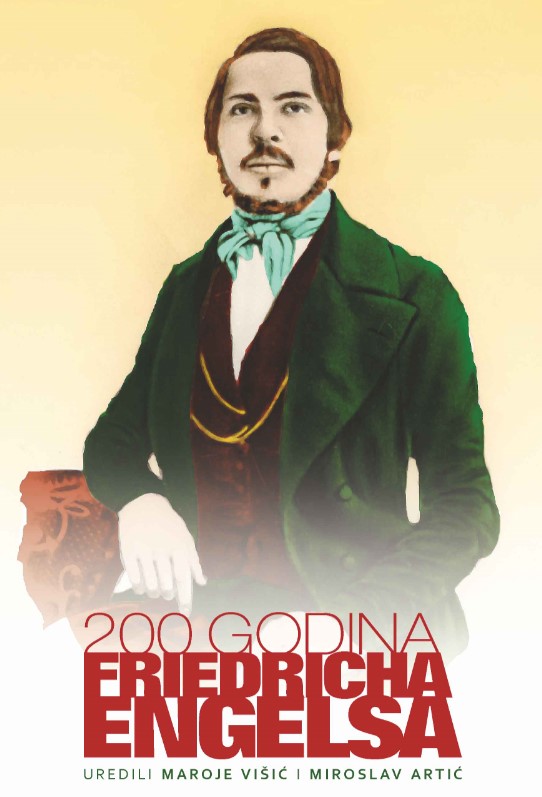Socijalna filozofija Friedricha Engelsa - Dijalektički empirizam i historijski materijalizam
Social Philosophy of Friedrich Engels - Dialectical Empiricism and Historical Materialism
Author(s): Ankica Čakardić
Subject(s): Gender Studies, Social Philosophy, Political history, Social history, 19th Century Philosophy, Marxism, Politics and society, Human Ecology, 19th Century, Theory of Literature
Published by: Durieux
Keywords: dialectics of nature; eco-Marxism; historical materialism; unitary theory; Engels; Vogel;
Summary/Abstract: In The Poverty of Theory (1978) E. P. Thompson after a long period of theoretical silence in Marxist literature – especially “Western Marxism” – brings Friedrich Engels back in the very center of historical-materialist studies. Even though Thompson’s primary preoccupation is focused on a critique of Louis Althusser’s structuralist Marxism, he will simultaneously try to defend historical materialism from abstract and ahistorical theories by using Engels’ empirical template. Following Thompson, and in a similar vein, Marxist economist Paul Sweezy, in his introduction to his Four Lectures on Marxism, will strongly emphasize the importance of Engels’ approach to the dialectics and his critique of mechanistic and reductionist theoretical procedures. In this paper, we will try to briefly examine mentioned epistemological discussions inclined by Engels’ philosophy, but also take into account some of the recent eco-Marxist (John Bellamy Foster, Paul Burkett, Elmar Altvater) and feminist analyses (Lise Vogel, Michèle Barrett) which affirm but also criticize certain aspects of Engels’s social philosophy. In a way, we will try to give an overview and examine Engels’ presence in contemporary philosophy and theory in general, on the 200th anniversary of his birth.
Book: 200 godina Friedricha Engelsa
- Page Range: 67-86
- Page Count: 20
- Publication Year: 2020
- Language: Croatian
- Content File-PDF

